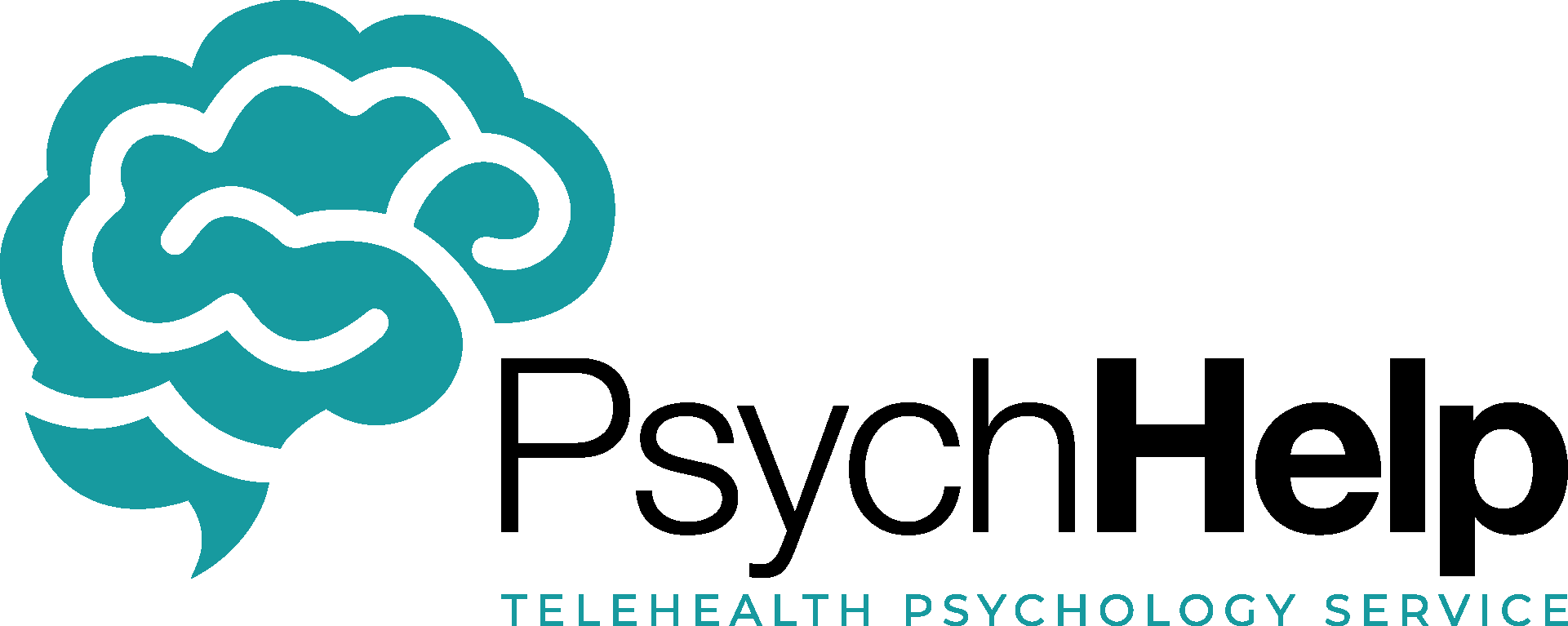When a baby is born it is a time where society expects new parents to be extremely happy with their new arrival. This is the reality for some parents with the arrival of a new baby being a wonderful time in their lives. Even for these parents there is a period of adjustment and a short period of ‘baby blues’ is common. However, many parents can struggle for a variety of reasons which can include:

- Lack of sleep
- Hormonal changes
- Complications related to the birth
- Physical health concerns after birth
- Losing a child during pregnancy or birth
- Lack of time to use healthy coping skills (i.e. no time for exercise)
- Difficulties with breast feeding
- Having a child with a disability
- Loss and grief around role changes
- Financial difficulties
- Lack of support
This is a time of significant change in people’s lives. Throughout history there was more family and extended family support with grandparents, aunts and uncles often living in the same house or living close by. In the ideal world we would have a village to raise a child with tribal societiesgenerally having four carers for each child under the age of 6 years. In today’s world parenting can be stressful and many new parents need help and advice. If you do not have family or friends to provide you with advice or a space to reflect on your parenting the PsychHelppsychologists can help. For some parents the stresses of parenting build up and can lead to a deterioration in their mental health.

New mothers and fathers are susceptible to a range of mental health concerns. Postnatal depression is the most common complication of childbearing and affects 1 in 7 women who give birth and 1 in 10 new fathers. Postpartum psychosis is less common but occurs at a rate of 1 to 2 women per 100 deliveries. A history of mental health problems before the birth does increase the risk of mental health problems returning around the time a new baby is born. Unfortunately suicide is one of the leading causes of maternal deathin Australia. Australian Governmentstatistics have also found pregnant women are at increased risk of domestic violence and if there is already domestic violence within the household it’s likely to increase in severity during pregnancy.
During pregnancy and after childbirth is a time when new parents need the most support, however, getting to therapy appointments during this time can be difficult. There are the problems finding time, there are the questions of who will look after the baby, if you bring the baby there are worries about the baby crying, and if you are pregnant you are often already juggling appointments with GP’s, Midwives, and Obstetricians. Once a new baby arrives there are the general difficulties of actually making it out of the house let alone finding a clinic and a car park.
At PsychHelp we use Cognitive behavioural therapy (CBT). CBT has been shown to be effective in reducing symptoms of post-natal depression. Further research has found that internet-based interventions for perinatal depression are effective in reducing depressive symptoms. Using a video-based format assists parents to get the support they need without having to organise care for their child or try and find time in their busy days. PsychHelp is a baby-friendly service and we can support you in the comfort of your own home.

If you would like to get a better understanding of your postnatal mental health please complete the Edinburgh Postnatal Depression Scale. This scale can provide us withan indication of your symptoms. If this is an area that is affecting your life, relationships or mental health please contact one of the PsychHelpPsychologist today for more detailed diagnosis and treatment.

